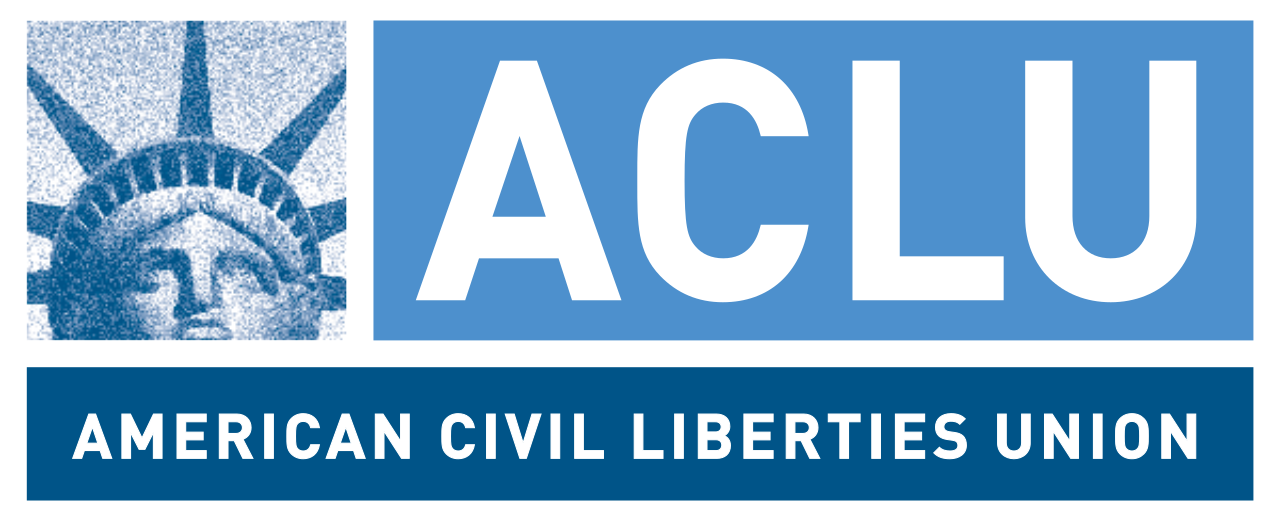Discovery – Requests for Admissions
Like my article on requests for documents, this is going to be a brief article. For a fuller discussion and samples, look in the Debt Defense System. Still, you should be able to create your own after reading this.
As with other discovery, Requests for Admissions are controlled by the rules of civil procedure for your jurisdiction. And there are two sets of rules you must consider: your state rules in general and, if you are in some sub-court of the state, the rules regarding your court; and your “Local Rules” if your court has them.
Sub-Courts
An example of what I mean by “sub-court” might be what we have in Missouri, Associate Circuit courts – courts that are designed to handle smaller amounts of money, or small claims courts (even less money). Many states have similar types of arrangements, and these sub-courts will have their own special rules, and these rules always control when and how much discovery you can conduct.
Even if you’re not in that sort of sub-court, your court may have “local rules,” which are rules designed to elaborate on your state’s rules of civil procedure. The rules of civil procedure will create the general structure of discovery and set the penalties for not cooperating – the local rules will establish certain limits: only a certain number, for example, or that they must be in a certain format (not “compound,” usually, meaning without sub-parts).
Whatever the situation, you must find the rules controlling your discovery, or you may do something wrong, giving the debt collector an easy out. To find your rules of civil procedure, follow this link. Any special rules may be mentioned in your rules of civil procedure or in your court’s web-page. I am not aware of these rules – but you must be.
What Admissions Are
I have done my best to warn you throughout this series, in my Debt Trouble series, and elsewhere, about the risks of admissions. Whereas requests for admissions are covered in the rules of discovery, they really are not discovery: they are a sort of agreement that certain issues do not need to be argued about. You aren’t seeking information or evidence, you are asking the other side not to dispute the issue – to make evidence unnecessary. That means that while you can argue about what documents or interrogatory answers mean and whether they “establish” any fact, once an admission is made, the issue is resolved and decided. When it comes to answering their requests for admissions, that means you should be very, very cautious. One reason I encourage people to send out discovery first is that I want you to see how they handle yours before you try to answer theirs.
Content
If you have unlimited requests for admissions, you should make sure, at least, to ask them to admit to no knowledge or information regarding each part of their petition. For example, if their first allegation is that you owe them money, you ask them to admit that you do not. And then you ask them to admit they have no evidence that you do. (That’s two separate requests, because requests for admissions must never be “compound” – they can’t have more than one part.)
Special Warning Regarding Requests for Admissions
It should be obvious from the above that requests for admissions are basically just traps for suckers. They will deny or object to every single request you make on any basis, however flimsy. If your rules limit your total discovery to a certain number of requests and include requests for admissions in that number (so that for every request for admission, you lose an interrogatory), I suggest you skip the requests for admissions altogether. On the other hand, many jurisdictions do not limit them this way. The reason you use requests for admissions is that you want to have the materials you need for a motion for summary judgment even if they don’t respond to your discovery at all.


